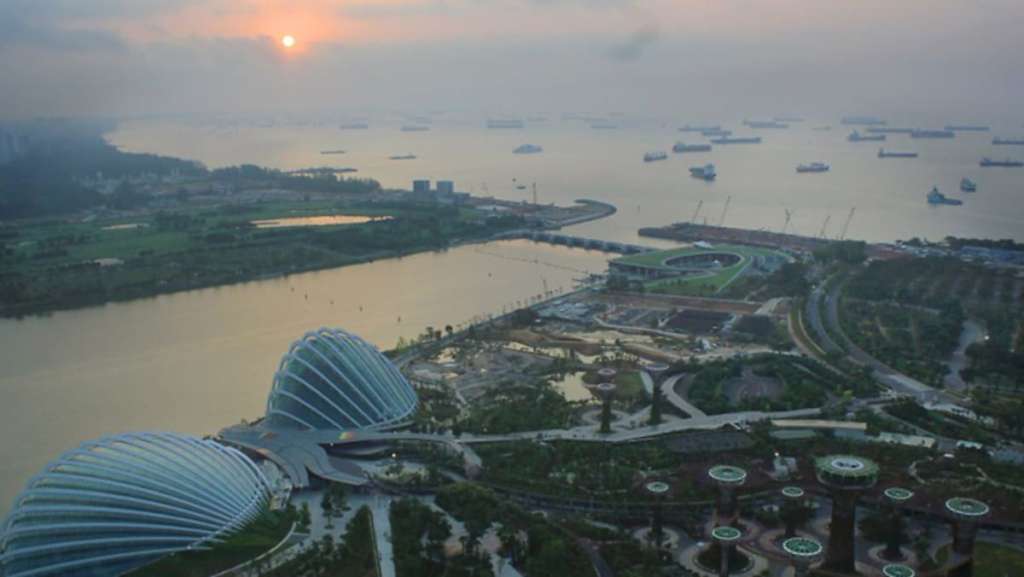Education and innovation are “at the heart of Singapore’s success”, with the country’s universities ranking top 50 globally, the index noted.
Singapore “maintains its global connectivity”, with more than 63 per cent of the population speaking at least one foreign language and 55 per cent possessing digital skills.
The index also said that the country fosters technological progress and ensures a steady pipeline of innovation – granting 7.37 patents per 10,000 residents.
Governance and transparency define Singapore’s administrative excellence, the index said, adding that there were “high levels of civic engagement”.
It also noted that Singapore operates a comprehensive open data platform, making 8,086 datasets available for public access.
Digital governance is also seamlessly integrated into daily life, it said, citing e-services for fault reporting, online payments, as well as appointment scheduling.
On the theme of health, which is new for this edition of the Happy City Index, the indicators included mental health, nutrition and work-life balance.
With universal medical insurance and 2.8 doctors per 1,000 residents, healthcare in Singapore “is both accessible and efficient”, said the index.
It also said the country has a strong emphasis on public health initiatives, citing a life expectancy of 83 years and low obesity rate.
“Mental health services are expanding, with 15 per cent of the adult population receiving coordinated care,” it added.
The index also noted a “minimal crime rate” of 3.31 recorded incidents of public violence per 1,000 residents.
On Singapore’s mobility and transport infrastructure, the index said that it is “among the most advanced globally”, adding that the city “prioritises sustainable transit options”.
“An intelligent traffic management system ensures smooth urban movement, while commuters benefit from fully integrated electronic payment systems,” it said.
The index also noted that all public transport vehicles in Singapore are fully adapted for people with mobility disabilities.
“Traffic-related fatalities remain low at 0.24 per 10,000 residents, thanks to stringent safety measures and efficient urban planning,” it said.
Lastly, it noted that sustainability is “at the core of Singapore’s urban policies” and that the city is a pioneer in biodiversity protection and renewable energy adoption.
“With 100 per cent of the population served by sewage treatment facilities, Singapore upholds high environmental standards.”
It added that while waste management remains a challenge in the country, recycling efforts have continued to improve.
This is the 6th edition of the Happy City Index, run by London-based think tank Institute for the Quality of Life.
Emphasising that “no single city can be labelled as the absolute best at ensuring the happiness of its citizens over the long haul”, the index identified a group of what it termed Gold Cities – “the happiest locations in the world”.
There are 31 Gold Cities this year.
In last year’s edition, Singapore also made the list of Gold Cities, placing 34th out of 37 cities.
Read the full article here

